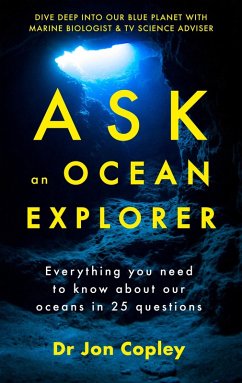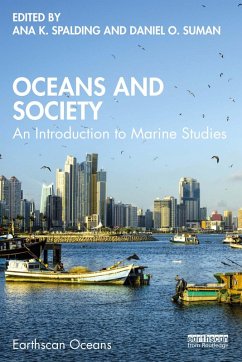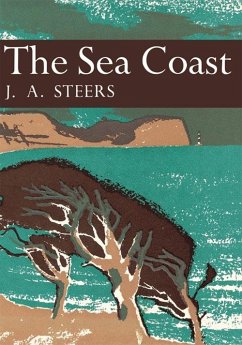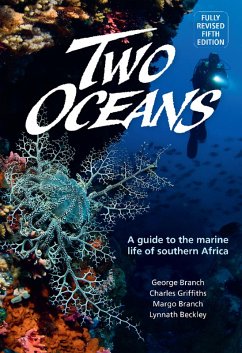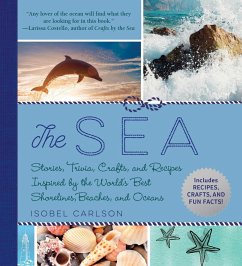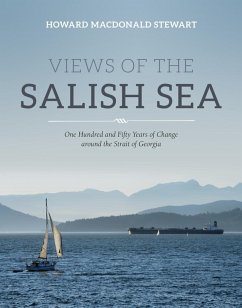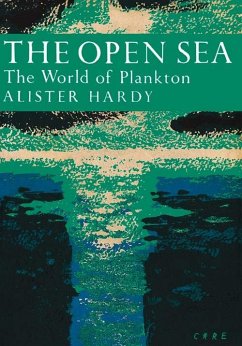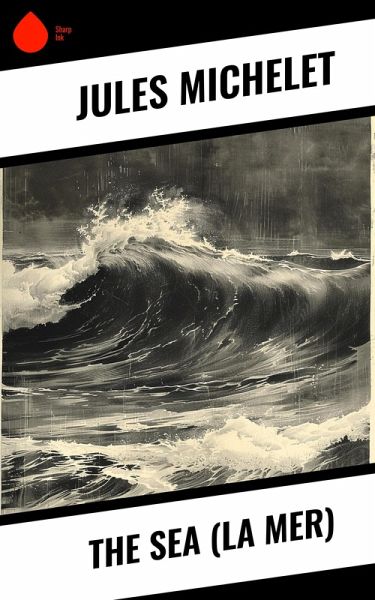
The Sea (La Mer) (eBook, ePUB)

PAYBACK Punkte
0 °P sammeln!
In "The Sea" (La Mer), Jules Michelet embarks on an evocative exploration of the ocean, personifying it as a living, breathing entity. The book melds poetic prose with deep philosophical inquiries, reflecting the Romantic era's fascination with nature's sublime. Drawing from a wealth of historical, scientific, and personal observations, Michelet's narrative shifts seamlessly between the scientific and the lyrical, illustrating the sea's dual role as both a source of life and a formidable force of destruction, encapsulating the complexity of humanity's relationship with nature. This work serves...
In "The Sea" (La Mer), Jules Michelet embarks on an evocative exploration of the ocean, personifying it as a living, breathing entity. The book melds poetic prose with deep philosophical inquiries, reflecting the Romantic era's fascination with nature's sublime. Drawing from a wealth of historical, scientific, and personal observations, Michelet's narrative shifts seamlessly between the scientific and the lyrical, illustrating the sea's dual role as both a source of life and a formidable force of destruction, encapsulating the complexity of humanity's relationship with nature. This work serves not only as a natural history but also as a profound meditation on existence and the ephemeral nature of life, echoing the themes prevalent in 19th-century literature while offering innovative perspectives on marine environments. Jules Michelet, a pioneering French historian, is renowned for his passionate and descriptive writing style that often intertwines historical narrative with poetic elements. His profound love for the natural world, deeply influenced by his childhood by the sea in the Normandy region, fueled his desire to examine the ocean in its myriad forms. Michelet's background as a historian also enabled him to weave historical context into his reflections, imbuing his observations with deeper significance and awareness of mankind's past experiences with the sea. I highly recommend "The Sea" to readers who seek not only a vivid portrayal of marine life but also an introspective journey through the interplay of human emotion and nature. Michelet's work offers an enchanting blend of science and art, making it essential reading for anyone interested in environmental literature, the philosophy of nature, or the poetic exploration of life's vast tapestry.
Dieser Download kann aus rechtlichen Gründen nur mit Rechnungsadresse in A, B, BG, CY, CZ, D, DK, EW, E, FIN, F, GR, HR, H, IRL, I, LT, L, LR, M, NL, PL, P, R, S, SLO, SK ausgeliefert werden.




